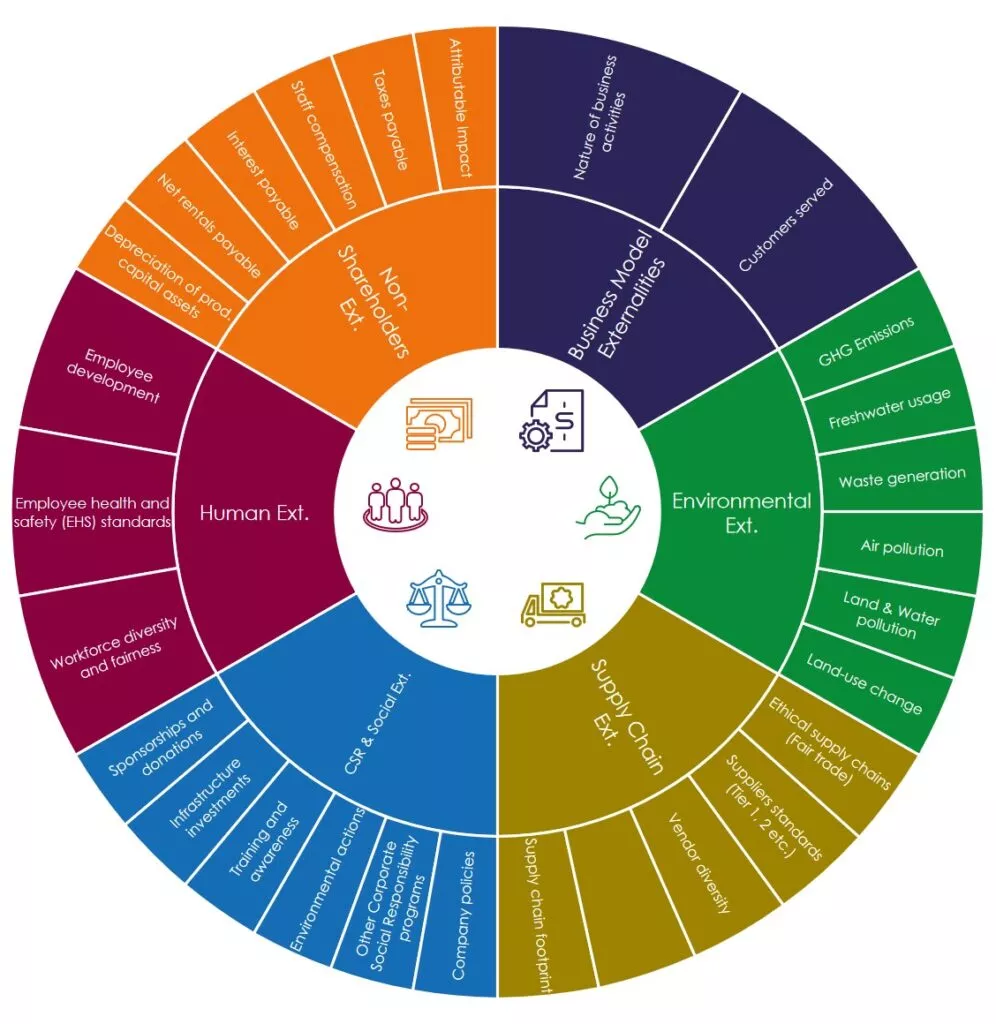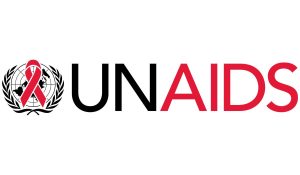
Corporate Social Responsibility (CSR) is playing an increasingly vital role in Nigeria, as businesses seek to contribute to sustainable development while maintaining profitability. Measuring the impact of CSR initiatives is crucial to ensure that the investments made by companies yield meaningful outcomes for both the communities and the businesses involved. Without proper measurement, CSR efforts can be misaligned, ineffective, or even counterproductive. In this article, we’ll explore the importance of measuring CSR impact in Nigeria, the methods used to evaluate it, and examples of successful CSR programs that have made a tangible difference.
1. Why Measuring CSR Impact is Important in Nigeria
Nigeria faces numerous socio-economic challenges, from poverty and unemployment to environmental degradation and inadequate healthcare. Many companies, both local and multinational, are stepping in to address these issues through CSR initiatives. However, without an effective system to measure the impact of these projects, it becomes difficult to assess their real value or to improve future initiatives.
Key Reasons to Measure CSR Impact:
- Accountability: Measuring CSR outcomes holds companies accountable for their commitments to social and environmental causes. This helps build trust among stakeholders, including local communities, government bodies, and investors.
- Resource Optimization: Impact measurement allows companies to assess whether their CSR investments are being used effectively, ensuring that resources are not wasted on initiatives that do not yield significant results.
- Reputation and Brand Value: Companies that can demonstrate the success of their CSR programs often enjoy enhanced brand reputation and stronger relationships with consumers and local communities.
- Continuous Improvement: Evaluating the impact of CSR initiatives helps businesses identify what works and what doesn’t, enabling them to refine their strategies for better outcomes in the future.
2. Challenges of Measuring CSR Impact in Nigeria
Measuring CSR impact in Nigeria comes with its own set of challenges, including:
- Lack of Standardized Metrics: There is no universal framework for measuring CSR impact, and different companies use different criteria to evaluate success. This makes it difficult to compare or aggregate results across industries.
- Complexity of Social Issues: Nigeria’s social and environmental problems are often deeply entrenched and multifaceted. Measuring the long-term impact of CSR projects aimed at addressing these issues can be complicated, as many of the benefits may only materialize over an extended period.
- Data Collection Barriers: Limited access to reliable data, especially in rural or underserved areas, can impede the ability to measure CSR outcomes accurately. Companies may struggle to gather feedback from all stakeholders due to logistical and infrastructural challenges.
- Cultural Differences: Nigeria’s diverse cultures, languages, and traditions can influence how communities perceive CSR efforts. It can be challenging to design measurement tools that are culturally appropriate and relevant across various regions.
3. Methods for Measuring CSR Impact in Nigeria
Despite the challenges, there are several effective ways to measure the impact of CSR initiatives in Nigeria. Below are some commonly used methods:
A. Key Performance Indicators (KPIs)
KPIs are quantifiable metrics that help companies evaluate the success of their CSR initiatives. These indicators vary depending on the focus of the CSR program (e.g., health, education, environmental sustainability), but common KPIs include:
- Number of people who benefited from the initiative (e.g., students receiving scholarships, patients treated).
- Changes in income levels or employment rates within the target community.
- Reduction in environmental damage (e.g., reduced carbon emissions, cleaner water sources).
- Improvements in infrastructure (e.g., new roads, schools, or healthcare facilities).
B. Social Return on Investment (SROI)
Social Return on Investment (SROI) is a framework used to assess the social, environmental, and economic value generated by CSR initiatives. It assigns monetary values to social benefits (such as improved health or education) and compares them to the cost of the investment. SROI provides a clear picture of how much value is created for each unit of currency invested in CSR projects.
C. Surveys and Interviews
Collecting direct feedback from community members, employees, and other stakeholders through surveys and interviews is an essential method for measuring CSR impact. This qualitative approach allows businesses to understand how their CSR activities are perceived and what tangible effects they have had on the beneficiaries. It also provides insights into areas for improvement and future project planning.
D. Longitudinal Studies
For CSR initiatives aimed at addressing deep-rooted social issues (such as poverty alleviation or educational improvements), it may be necessary to track progress over several years. Longitudinal studies, which follow the same group of people or communities over time, can help companies understand the long-term impact of their CSR efforts.
E. External Audits and Third-Party Evaluations
Independent audits and evaluations conducted by third-party organizations provide an objective assessment of CSR programs. These evaluations ensure transparency and credibility, offering unbiased insights into the effectiveness of CSR activities. In Nigeria, where public trust in corporate institutions may sometimes be low, third-party assessments can boost the legitimacy of CSR efforts.
4. Key CSR Impact Areas to Measure in Nigeria
The CSR landscape in Nigeria is diverse, with companies engaging in various social and environmental initiatives. Below are some key areas where CSR impact measurement is essential:
A. Education
Nigeria faces significant educational challenges, including overcrowded schools, a lack of qualified teachers, and insufficient access to learning materials. Many companies focus their CSR efforts on improving education by building schools, offering scholarships, or providing teacher training.
Key KPIs for Measuring Education Impact:
- Number of schools built or refurbished.
- Student enrollment rates and school attendance.
- Improvements in academic performance (test scores, graduation rates).
- Scholarship recipients’ progress and employment outcomes.
B. Healthcare
The healthcare sector in Nigeria is underdeveloped, with many communities lacking access to basic medical services. CSR initiatives often focus on building healthcare facilities, conducting medical outreach programs, or providing essential medicines and vaccines.
Key KPIs for Measuring Healthcare Impact:
- Number of patients treated or lives saved.
- Reduced incidence of diseases in the target community.
- Improvement in healthcare infrastructure (hospitals, clinics, mobile health units).
- Health education and prevention awareness programs’ effectiveness.
C. Environmental Sustainability
Environmental degradation is a significant issue in Nigeria, particularly in areas like the Niger Delta, where oil extraction has caused widespread pollution. Companies engaged in CSR can contribute to environmental protection by reducing waste, improving water quality, or restoring damaged ecosystems.
Key KPIs for Measuring Environmental Impact:
- Reduction in waste, emissions, or water usage.
- Area of land rehabilitated or reforested.
- Community access to clean water and sanitation facilities.
- Improved environmental awareness and education within the community.
5. Examples of Successful CSR Impact in Nigeria
Several companies have successfully implemented CSR initiatives in Nigeria, demonstrating measurable results in key impact areas. Some examples include:
A. Dangote Group: Education and Health Initiatives
Dangote Group’s CSR programs focus on education, healthcare, and empowerment. Through its Dangote Foundation, the company has built schools, provided scholarships to underprivileged students, and funded healthcare initiatives that benefit thousands of Nigerians annually.
B. Shell Nigeria: Environmental and Economic Empowerment
Shell Nigeria has a strong focus on environmental protection and economic empowerment. Its CSR programs include initiatives for cleaning up oil spills, reforestation, and supporting small businesses in the Niger Delta, leading to improved livelihoods for local communities.
C. MTN Nigeria: Community Development
MTN Foundation has invested significantly in health, education, and economic empowerment projects. One of its notable programs, “MTN Yellow Doctors,” provided free medical services to underserved communities, improving health outcomes and boosting public access to healthcare.
6. Conclusion
Measuring the impact of CSR initiatives in Nigeria is essential for ensuring that businesses’ investments in social, economic, and environmental projects are effective, sustainable, and beneficial to both communities and companies. By adopting rigorous methods such as KPIs, SROI, and third-party evaluations, businesses can not only demonstrate the value of their contributions but also continuously improve their strategies to address Nigeria’s most pressing challenges.
Effective CSR measurement ensures that companies stay accountable, optimize resources, and make a lasting positive impact on Nigerian society.









